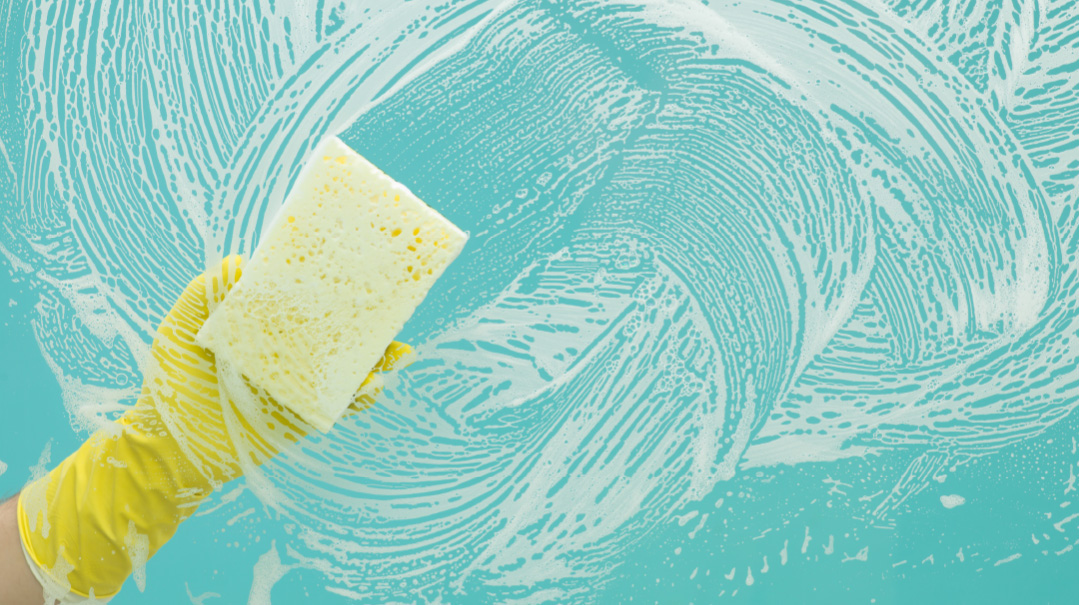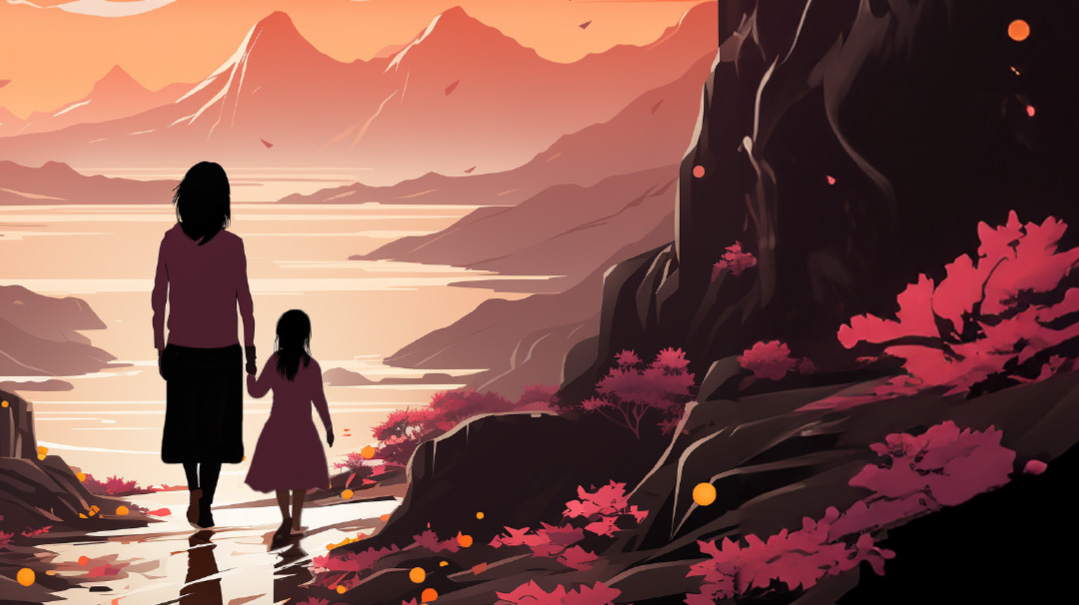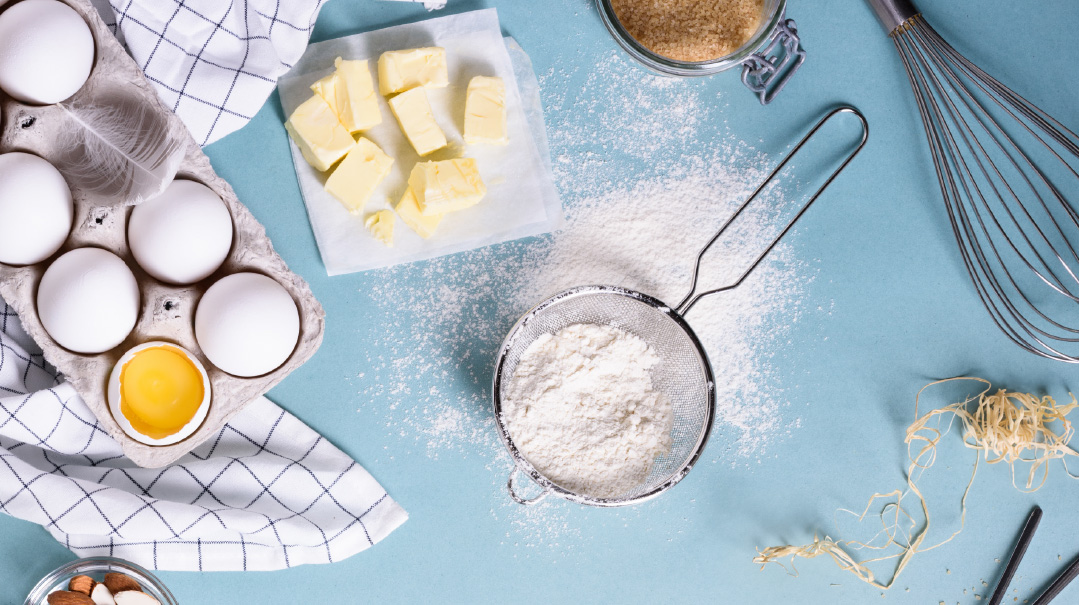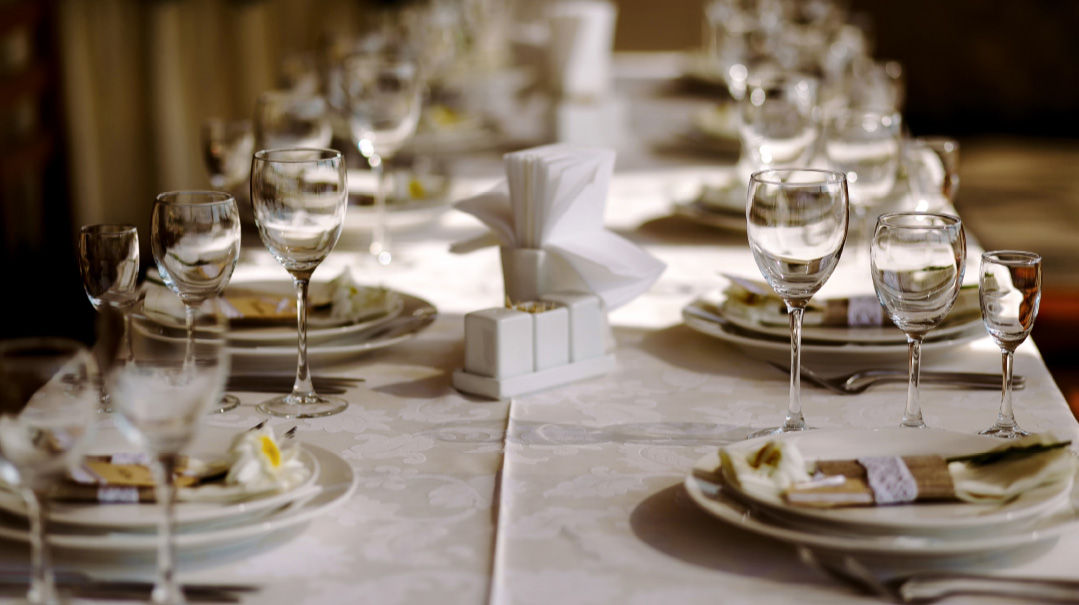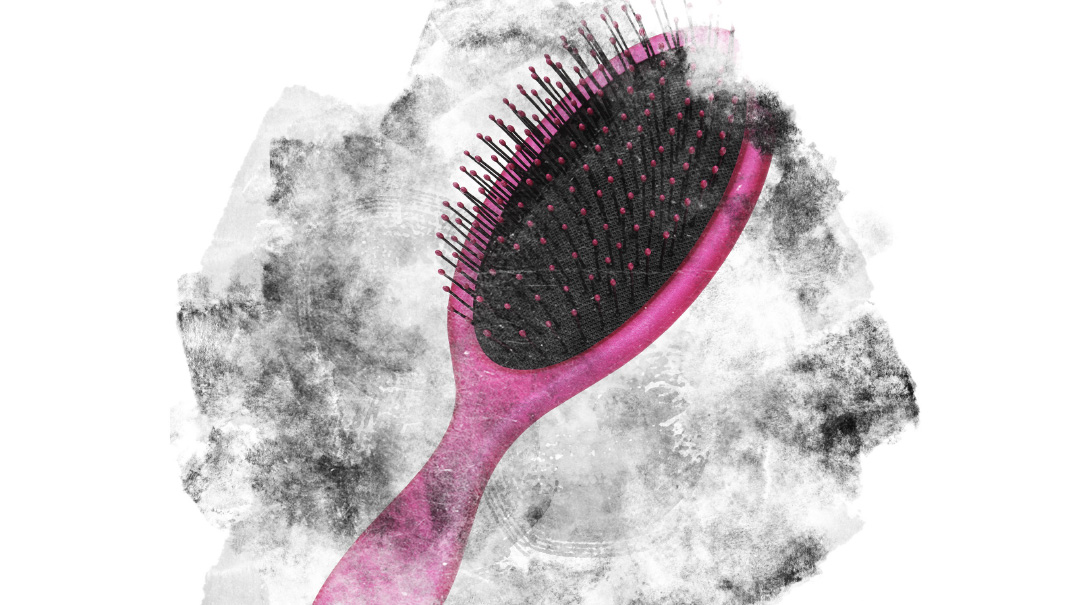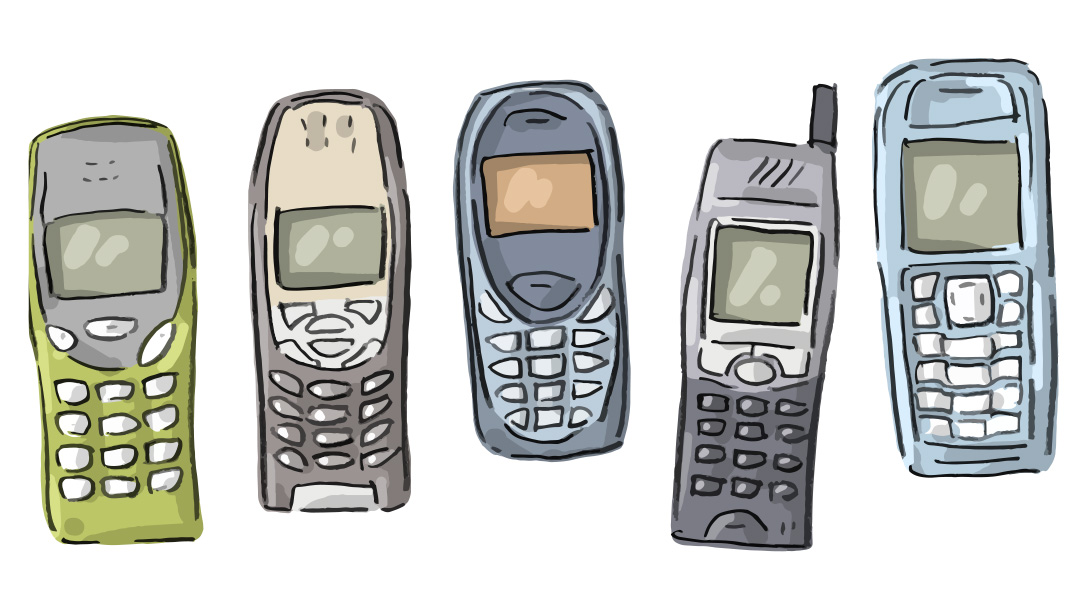Pain Is Pain
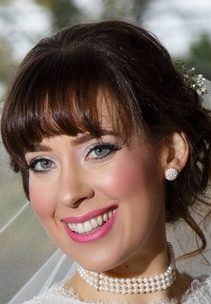
By comparing loss, I was invalidating the pain of others

"You haven’t been around. Is everything all right?”
I hesitated a moment, unsure if I wanted to share, doubtful if my audience could be trusted.
“My mother’s sick,” I finally confessed. After the gasp, the “Oh no, refuah sheleimah!” I amended: “It’s terminal.”
Then the typical response, from those of a more “appropriate” age for this process: “My mother passed away at 87. I understand what you’re going through. It was so difficult ...”
I’d regret telling them. Now I was forced to listen to their sagas, to the blow-by-blow details of failed treatments on their elderly parents.
Because what did they have to complain about?
I was 31 when my mother, 66, was diagnosed. Their parents had full lives! I would rage internally as I forced myself to nod sympathetically as other people equated their loss with mine.
My pleasantly calm, routine existence vanished overnight. Normally a conflict avoider and one who defers unquestioningly to authority, I suddenly morphed into a loud, firm advocate on Ma’s behalf — like when a crabby nurse yanked her arm to take her blood pressure, or when the aides in the hospice were reluctant to administer the doctor’s prescribed medication.
My father, siblings, and I juggled shifts; her remaining time was so short, we didn’t want to leave her alone. I didn’t yet have a family with the attendant responsibilities, so I was able to spend every Shabbos and Yom Tov either at the hospital or hospice. I practically forgot how to apply Shabbos makeup and where my usual chair in shul was.
I couldn’t sleep through the night. My thoughts spun in the early morning hours, attempting to comprehend what our new lives would look like without Ma.
Ma was the rock.
But now, I had to be “the rock.”
Aren’t I too young for this? I wondered dazedly, simultaneously bone-tired yet pumped with adrenaline. Although I don’t know why I was so surprised. I’ve always expected disaster. While others say, “Why me?” I’ve always thought, “Why not me?” If Ma was an hour late, my go-to thought was “car crash.”
For all my fretting, I still didn’t expect to face this: Ma dying. I’m too young for this. Aren’t I?
Wasn’t Ta “too young” — 33 — when his father died at 61? I never knew my Zeidy.
My older brother, then four, had said, “It’s okay, Tatty. Zeidy will come back when the flowers do.” Now his little boy, also four when his Babi passed, still insists, at six, “When Babi comes back…”
Another nephew, the youngest in his family, complained, “It’s not fair. I only had seven years with Babi.” I’ve had a baby since my mother’s passing. He will never know his grandparent, just like I never knew my Zeidy. That slays me.
So I denied the pain of these people, the 60- and 70-year-olds, who dared to see me as their companion in grief. A well-known rabbi in his nineties was fading away in the room next door to Ma; his gray-bearded son wept at the “tragedy” of his father’s final illness.
He’s in his nineties! I mentally roared. Seriously?!
I tore kri’ah. I accompanied Ma’s ahron. I sat shivah.
I married. A few months following our wedding, we were menachem avel my new aunt. Going to a shivah house used to terrify me; after sitting shivah myself, going to visit mourners shed its fearsome hold.
As soon as my aunt saw me, she reached up and embraced me. “It doesn’t matter how old you are,” she forlornly said, “a mother is a mother.”
“When my grandmother died at 98,” I automatically replied, the words falling from my mouth, “my mother took to her bed for three months.”
Then I paused. I’d forgotten. I suddenly remembered how Ma was uncharacteristically listless following Babi’s death. I’d been flummoxed. Babi had graced this earth for nearly a century. Why is Ma so sad? I’d wondered. Babi had had a full life!
But loss is loss. Pain is pain.
By comparing loss, I was invalidating the pain of others. If I would have encountered those whose mother had died when they were in their twenties, when they were a teenager, when they were a child, would that mean I had less right to my own heartbreak?
When I would reluctantly inform others of Ma’s fatal disease, it wasn’t only those whose parents had died who would bare their sorrow. There are many others who carry anguish they prefer not to publicize. Children born with devastating congenital maladies. Loved ones suffering through agonizing afflictions. Personal sickness. You just don’t know what goes on in other people’s lives.
My aunt’s words opened my heart, and I’ve stopped taking comparative notes to decide if another’s hardship is “worthy.”
Instead of standing awkwardly by as I hear of another’s burden, my arms now enfold my sister in pain as empathy flows, unchecked.
(Originally featured in Family First, Issue 730)
Oops! We could not locate your form.







